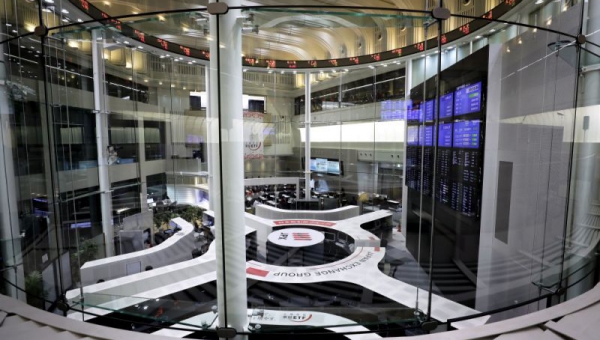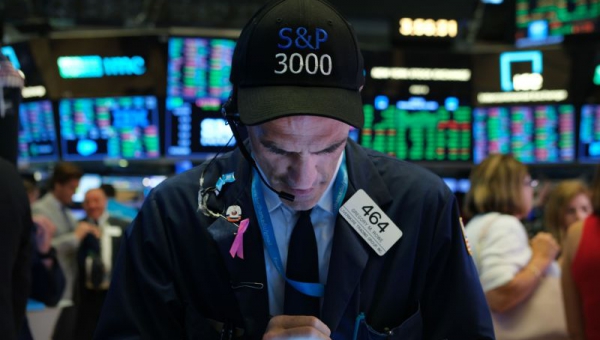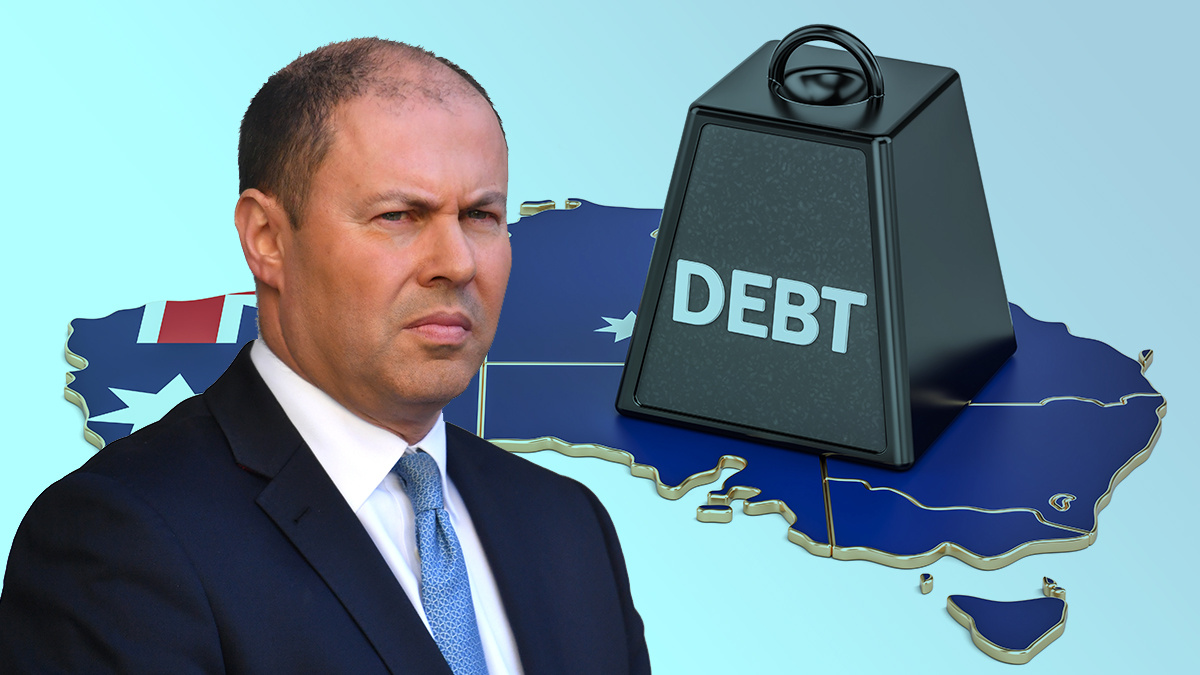Australia is at risk of losing its triple A credit rating as a result of the $200 billion of stimulus spending announced by Prime Minister Scott Morrison. International ratings agency Standard & Poor’s (S&P) Global looks askance at Australia’s $669 billion in debt, saying it expects “the government debt burden to weaken materially” because of the coronavirus. “We have revised our outlook on Australia to negative from stable to reflect a substantial deterioration of its fiscal headroom at the ‘AAA’ rating level,” S&P wrote. Don’t worry if your eyes glazed over while reading that. Chances are, it will have little impact on the Australian economy. That’s because AAA is the bluest of blue-chip ratings and Australia’s has yet to be lowered; S&P has just said it will keep an eye out for future problems.

Global oil producers have struck a historic deal to slash production by 10 per cent in a desperate bid to support tumbling oil prices. The production cuts are the largest ever to have been agreed and bring and end to the month-long price war between Russia and Saudi Arabia. Producers hope the 10 per cent cut, which is four times larger than the cut after the GFC and will eventually rise to 20 per cent of pre-crisis levels, will shore up global oil prices after collapsing demand pushed them to 18-year lows. But although the price of Brent Crude rose 4.1 per cent to $US32.80 a barrel ($51.75) during trading in Asia on Monday, it is 50 per cent lower than it was at the start of the year. And banks Goldman Sachs and UBS predict the economic disruption caused by the coronavirus could force it down towards $US20 a barrel ($31.56) – meaning the deal is unlikely to push up prices at Australian bowsers.

Bloomberg) -- Stocks climbed on some signs the coronavirus outbreak is either leveling off or easing, with traders assessing the first reports of the cloudy corporate earnings season. The S&P 500 extended a rally from its March lows while the Nasdaq 100 surged 3.3% -- with gains in giant technology companies pushing the index through its 50, 100, and 200-day moving averages. Johnson & Johnson jumped after posting stronger sales and boosting its quarterly dividend while reining in its outlook for the year ahead. In a very volatile session, JPMorgan Chase & Co. and Wells Fargo & Co. slumped as their profits were hit by major provisions. Treasuries advanced and the U.S. dollar retreated against its major peers. Oil erased earlier gains as the demand destruction caused by the coronavirus pandemic outweighed planned output cuts from the world’s biggest producers.

My oh my how a two-week long bear market rally and unprecedented stimulus actions by the Federal Reserve could change one’s thinking on stocks still dealing with the bruising coronavirus pandemic. Somewhat under the radar on Monday, veteran Goldman Sachs strategist David Kostin said his “near-term downside” scenario for the S&P 500 of 2,000 is “no longer likely.” Kostin’s call was initially made on March 22, the day before the market hit its near-term bottom. Since the March 23 lows, the S&P 500 has rallied to the tune of 14%.

Tesla Inc. (NASDAQ: TSLA) shares added 17% in the regular session and the after-hours session on Monday to trade significantly above the $600 mark. Automaker Outperforms Wider Market The sharp surge came as the wider market saw a slump. The S&P 500 Index closed 1% lower at 2761.6, Dow Jones closed 1.4% lower at 23390.77, and Nasdaq 100, of which Tesla is a part, closed 0.5% higher at 8192.42. At a time when a majority of automakers are struggling, Tesla has been beating analyst expectations. The Ford Motor Company (NYSE: F) closed 3.91% lower on Monday as it warned of the first-quarter losses due to the novel coronavirus (COVID-19) pandemic. General Motors Company (NYSE: GM) closed 4.36% lower the same day.







